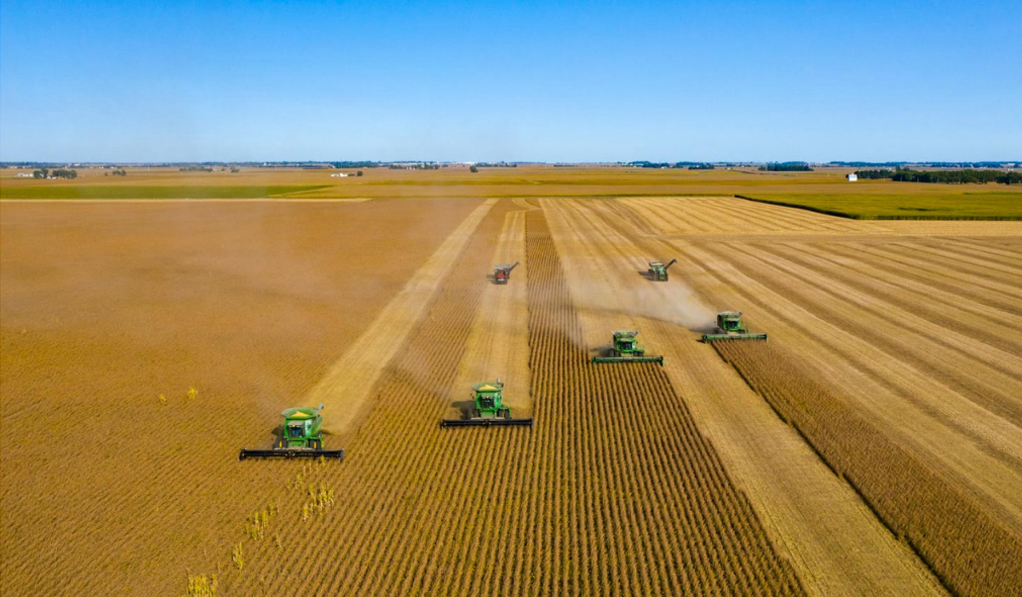During the National Biodiesel Conference held virtually early this year, Dr Thomas Butcher, technical director of the National Oil Reserves Agency (NORA), highlighted several of the barriers to moving to very high biodiesel blends, including cold flow and cold ignition, as well as seal material issues. Other important considerations include moving between high and low blend levels, long-term storage, flame proving, and tank sludge/conversion.
In emerging markets, oftentimes a company will take the lead in developing specifications until significant market demand and volume potential necessitates the development of consensus specifications. The National Oil Reserves Agency has worked with the National Biodiesel Board (NBB) on developing interim fuel standards for B50 and B100 for use by the US heating oil market while data is being gathered for drafting ASTM specifications.
The heating industry has committed to a renewable biodiesel future. An industry resolution, published at the September 2019 Northeast Industry Summit, resolved that the industry will reduce its greenhouse gas emissions, based on 1990 levels, by 15 per cent to 2023, 40 per cent by 2030, and will achieve net-zero emissions by 2050.
Steve Howell, chair of the ASTM Biodiesel Taskforce, emphasised that significant activity was underway to collect bench and field-testing data to enable the balloting of higher levels of biodiesel into the ASTM D396 heating oil standard. The organisation plans to ballot both B50 and B100, though, the reality is data collection will take another one to two years to complete, he says.
In 2015, there was limited interest or market drivers for higher biodiesel levels in the marine industry, says Howell. Now, a heightened industry focus on reducing its carbon footprint is driving greater interest in increasing biodiesel content, with Europe’s Renewable Energy Directive II (RED II) driving the need for additional specifications. ISO has begun deliberating on increasing biodiesel content in ISO 8217. B20 is the low-hanging fruit, says Howell, however, ISO is also evaluating B30, B40, and B50. The next scheduled update for the specification is in the 2022-23 timeframe.




Recent Posts
Babcock’s LGE Business Secures Contract for Marine Ammonia Fuel System to Advance Shipping Decarbonisation
Associated Terminals Deploys Liebherr’s All-Electric Cranes in Landmark Move Toward Cleaner Cargo Handling
Sanmar delivers fully electric emissions-free tug to major global operator Svitzer
Kolkata Dock deploys first-ever electric mobile cranes
ONGC orders two ethane carriers from Mitsui O.S.K. Lines
IndianOil to Commission India’s Largest Green Hydrogen Plant by 2027
IMI Greater Noida Signs MoU with IME (I) to Launch A New Student Chapter
GCMD Completes World’s First Pilot Demonstrating Full Carbon Value Chain from Ship-Captured CO2 in China